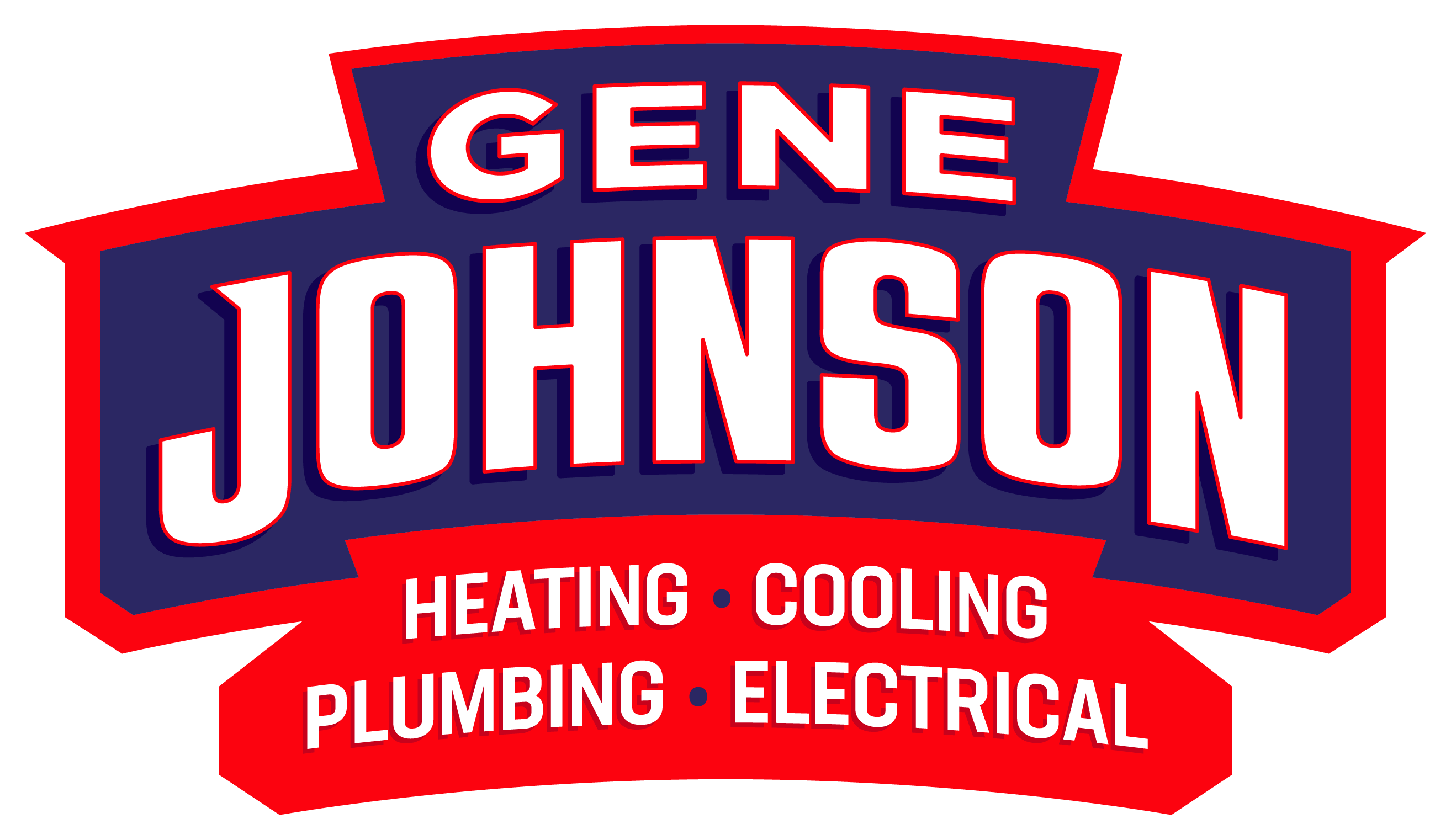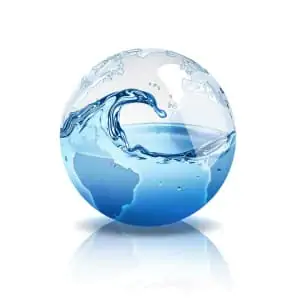Hard water gets its name because it has minerals in it, usually calcium and magnesium. To make it soft, you have to remove the minerals. That’s the main difference between hard and soft water. The presence of the minerals in the water can show itself in a variety of ways.
 Cloudy Residue
Cloudy Residue
If you constantly have a cloudy-looking residue on your Seattle home shower doors and walls and on your dishes in your dishwasher, you likely have hard water. If your water is soft, you won’t get this residue.
The residue comes from the calcium and magnesium that are in the hard water. When the surfaces dry, those minerals leave behind a cloudy film.
Dull Hair and Clothes
Another difference between hard and soft water is dullness of your hair and clothes. If you have hard water, your hair may feel dull and lack body, and your clothes will start to fade and may wear out earlier.
This, again, is due to the minerals present in the water you are using to wash them with. With soft water, you don’t have that problem because it lacks the minerals that are in hard water.
Soap Doesn’t Work Very Well
Hard water doesn’t react very well with soaps and detergents. It forms a filmy substance with soap rather than suds and with detergent it often fails to lather.
With soft water on the other hand, you get nice suds with your soap and a nice later with the detergents in your Seattle home washing machine and dishwasher.
How to Soften Your Water
If you are fed up with the issues caused by hard water that’s full of minerals, you will need to remove those minerals using a water softener.
A water softener works by using electrical charges to remove the minerals. Calcium, magnesium and many other minerals carry positive charges, so water softeners use sodium ions, which are “exchanged” with the calcium and magnesium ions.
Sodium ions also have a positive charge, but it is weaker, so when they are flushed through the tank with the calcium and magnesium ions, they push them out of the water. After the process is complete, you wind up with soft water that has sodium in it but no other minerals.
Knowing the differences between hard & soft water in your Seattle, WA home is important. For more info, call Gene Johnson Heating, Cooling, Plumbing and Electrical at 206.792.7495 today!

 Cloudy Residue
Cloudy Residue



